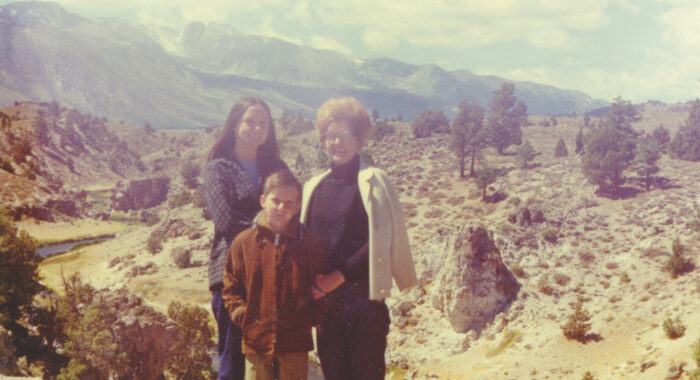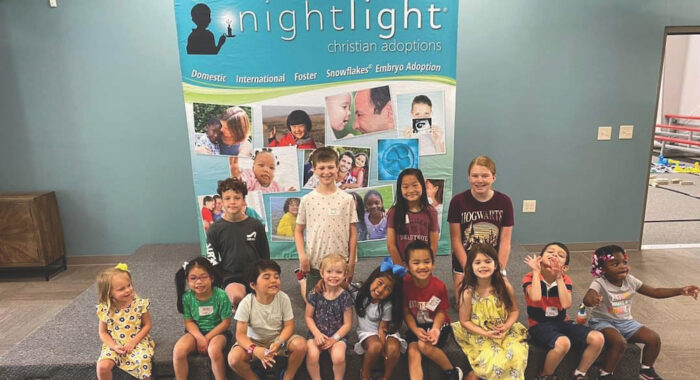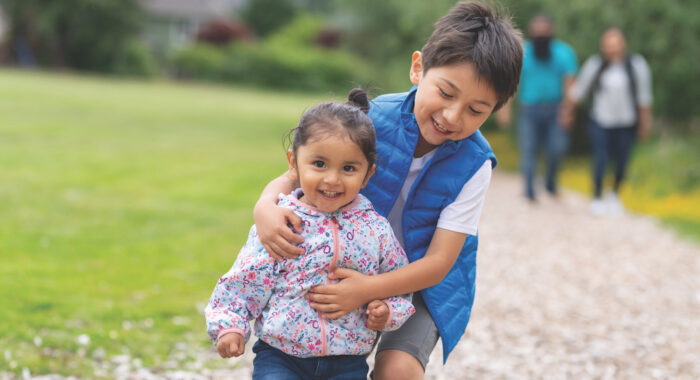Context
In a 2021 article in The Atlantic, journalist Olga Khazan asked a piercing question, “Is adoption meant to provide babies for families, or families for babies?”
Like many “either-or” questions, there can sometimes be a “both” response. But the question itself gets to the deeper framing of how society thinks about babies, adoption and foster care. The question is even more striking for Christians whose Savior — whom we are also to emulate — “did not come to be served, but to serve, and to give his life for many” (Matthew 20:28) and whose God “sets the lonely in families” (Psalm 68:6).
It is encouraging to see that practicing Christians are more than twice as likely as the general population to adopt and significantly more likely to consider adoption or fostering. While only 2 percent of all Americans have adopted, this rises to 5 percent among practicing Christians, according to Barna Research. A recent Lifeway Research study found that more than two in five U.S. Protestant churchgoers (44 percent) say their congregation and its leaders are proactively involved with adoption and foster care.
While Christians sometimes have a reputation for things they are against, adoption and foster care are a cause that we are known for. Still, we should examine our own orientation towards foster care and adoption. Why do we do it? And how are we equipped in it? The answers may seem obvious to some, but this magazine issue goes deeper to consider current realities and needs; theological underpinnings, particularly related to foster care; and the role that church communities can play to support foster and adoptive families.
Evangelicals believe that God designed humans to live in families that are lovingly devoted to — and able to care for — one another. The reality doesn’t always match up, leaving children without the care they need. This was the case at the time of the early church, and they rose to the occasion. May we, like them, become increasingly known for how we thoughtfully and lovingly we care for those who need families.










